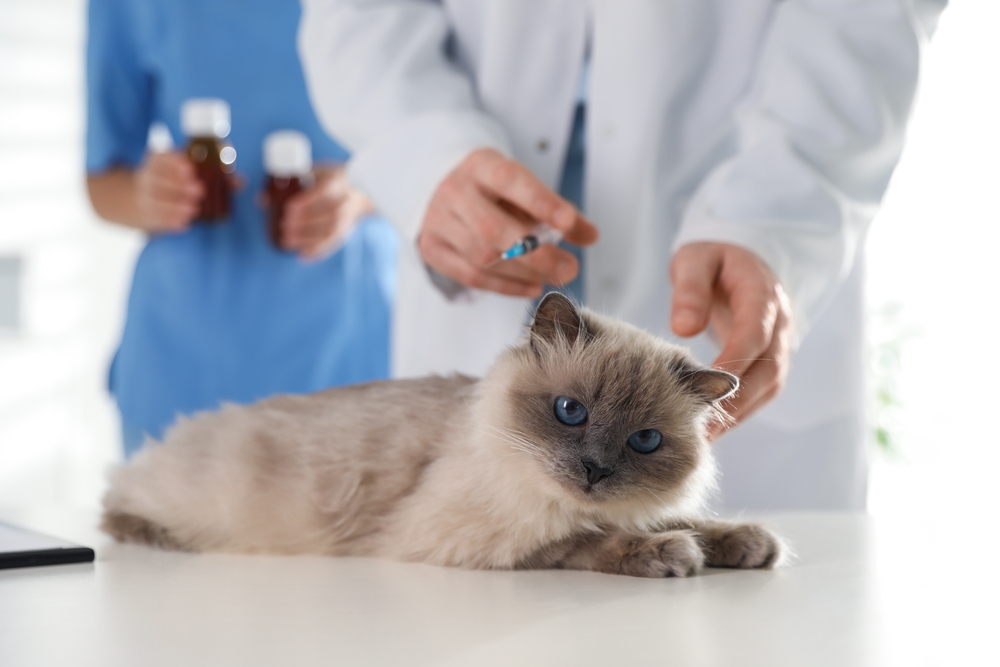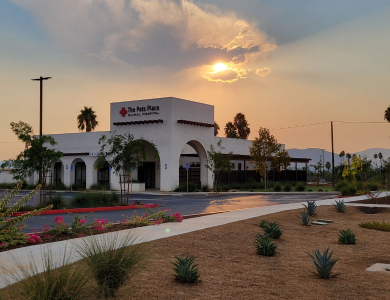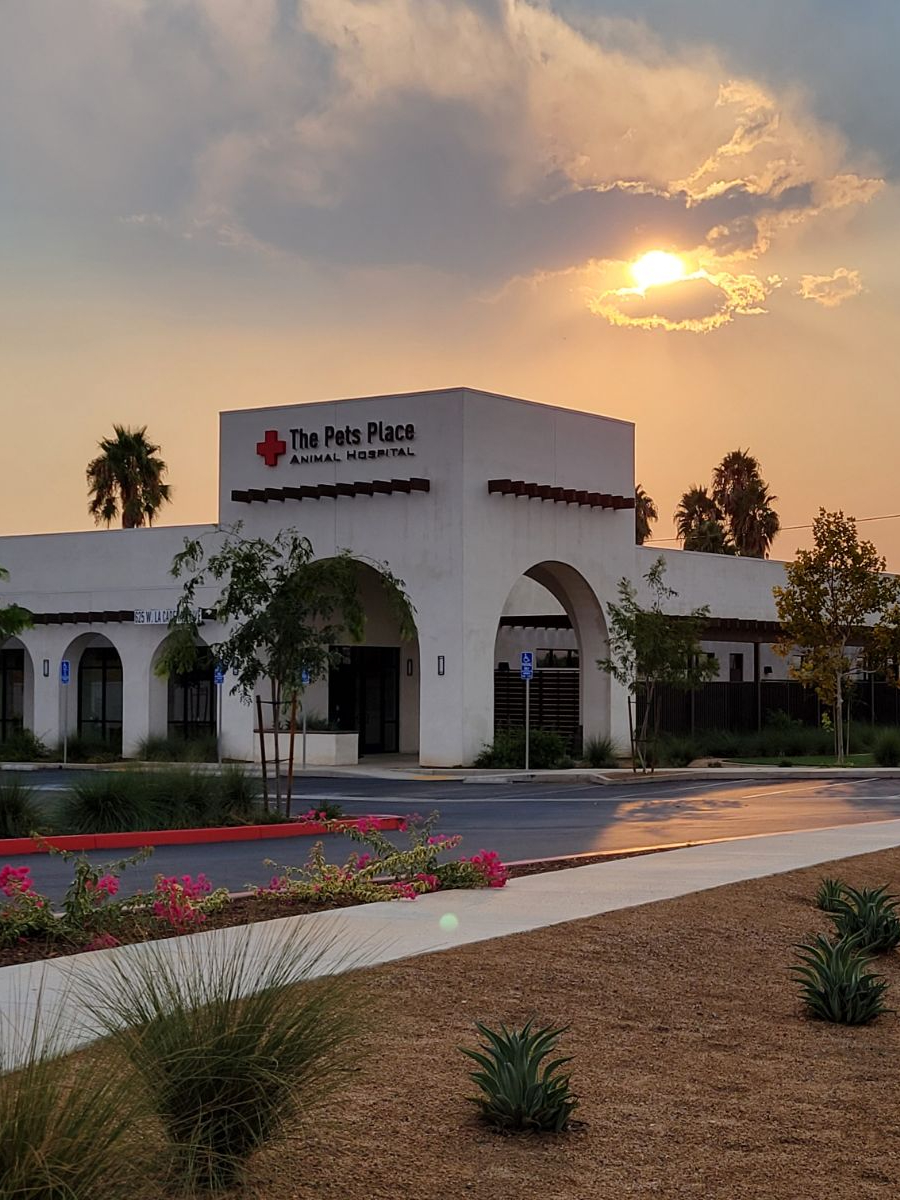
When your pet needs surgery, it’s natural to feel a mix of concern and curiosity about what the process entails. At The Pets Place Animal Hospital, we prioritize safety, comfort, and communication to ensure a smooth experience for both you and your pet. Understanding what to expect before, during, and after your pet’s surgical procedure can help you feel more at ease and prepared.
Before Surgery: Preparing Your Pet
Before any procedure, your veterinarian will perform a thorough physical examination to assess your pet’s overall health. Depending on the type of surgery and your pet’s age or medical history, additional diagnostic tests may be required, such as:
• Bloodwork to check organ function and clotting ability
• X-rays or ultrasounds for a closer look at internal structures
• Electrocardiograms (ECGs) to evaluate heart health
You will likely be advised to withhold food from your pet for 8–12 hours before surgery. This helps prevent aspiration pneumonia, a risk associated with anesthesia. However, water is typically allowed until a few hours before the procedure.
If your pet takes daily medications, consult your veterinarian about whether to continue or temporarily pause them before surgery. Some medications can interfere with anesthesia or blood clotting.
On the day of surgery, keep your pet calm by maintaining a normal routine as much as possible. Bring them to the hospital in a secure carrier or on a leash, and bring any comfort items they enjoy, such as a blanket or a favorite toy.
During Surgery: The Procedure and Monitoring
Once your pet is prepped for surgery, anesthesia will be administered to ensure they remain pain-free and unconscious throughout the procedure. Veterinary staff will closely monitor vital signs, including heart rate, blood pressure, and oxygen levels, to maintain your pet’s safety.
Depending on the complexity of the procedure, surgery may take anywhere from 30 minutes to several hours. Your veterinarian will provide an estimated timeframe and keep you updated on your pet’s progress.
Immediately after surgery, your pet will be placed in a recovery area where they will be closely observed until they wake up from anesthesia. Veterinary staff will ensure that your pet is comfortable, warm, and free from excessive pain or distress.
After Surgery: Recovery and Home Care
Your veterinarian will provide specific aftercare instructions tailored to your pet’s needs. These may include:
• Pain management: Prescribed medications to keep your pet comfortable
• Activity restrictions: Limited movement to prevent strain on sutures or incisions
• Dietary adjustments: Temporary changes in feeding to promote healing
• Incision care: Guidelines on how to keep the surgical site clean and monitor for signs of infection
When you bring your pet home, create a quiet, comfortable space for them to rest. Keep them in a confined area if necessary to prevent excessive movement. Some pets may experience grogginess or lack of appetite after anesthesia, but these effects should wear off within 24 hours.
Monitor your pet closely and contact your veterinarian if you notice any of the following:
• Excessive swelling, redness, or discharge at the incision site
• Persistent vomiting, diarrhea, or refusal to eat
• Lethargy or difficulty standing
• Signs of pain, such as whining, restlessness, or reluctance to move
Your pet may need a follow-up visit for suture removal or to ensure proper healing. Be sure to attend all recommended check-ups and adhere to any additional care guidelines.
Conclusion
Surgery can be a stressful experience for both pets and their owners, but understanding the process can help ease concerns and ensure a smooth recovery. By following your veterinarian’s recommendations before, during, and after surgery, you can help your pet heal safely and comfortably.
If your pet has a scheduled surgery or you have questions about the process, contact The Pets Place Animal Hospital to discuss your pet’s needs and ensure they receive the best possible care. Visit our office in Riverside, California, or call (951) 684-2181 to book an appointment today.










